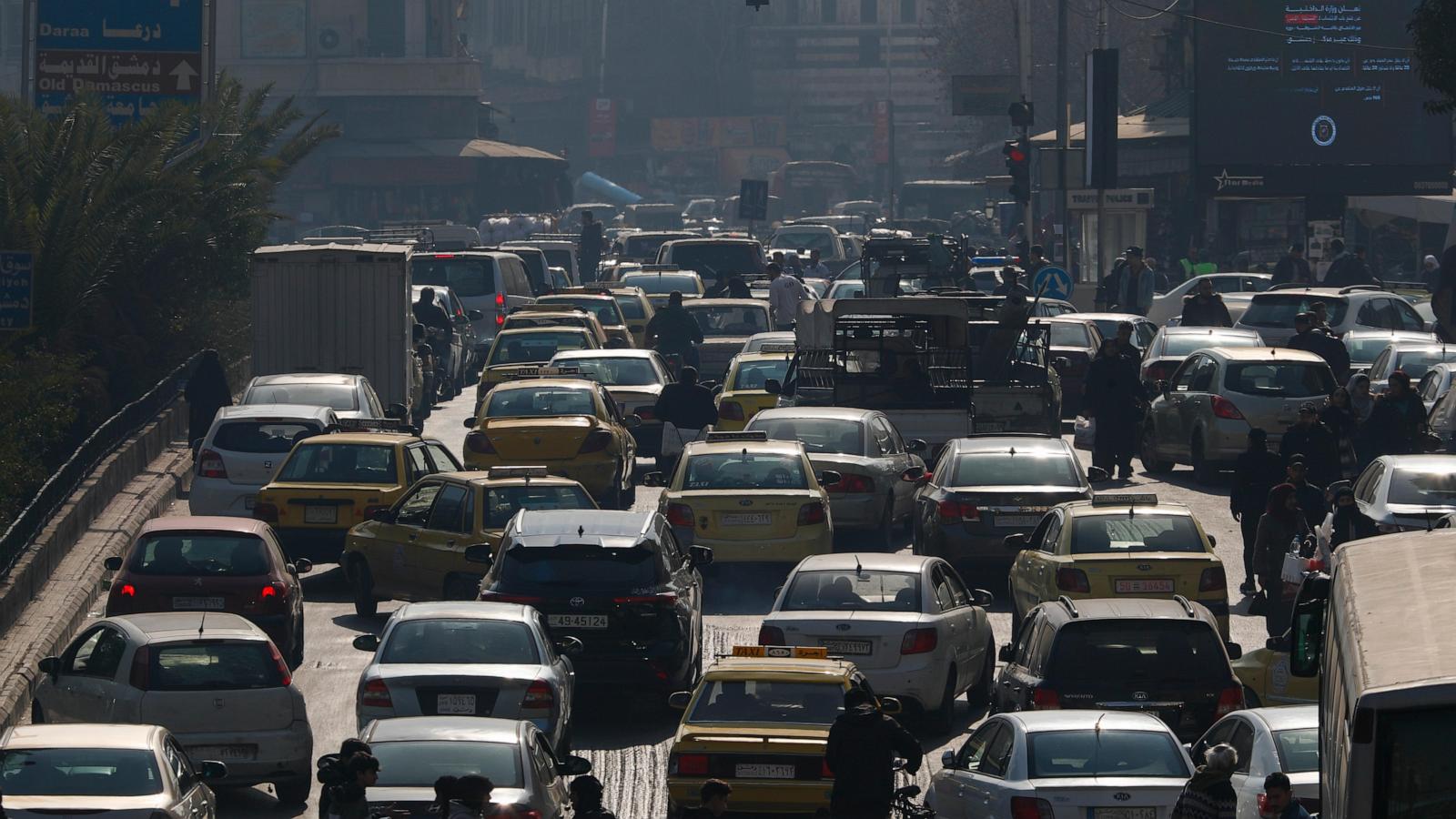In the aftermath of a devastating civil war, Syria's economic recovery is a monumental task, leaving many citizens struggling to rebuild their lives and homes. This gripping account follows Samir al-Baghdad, a Syrian mechanic, as he embarks on the arduous journey of rebuilding his family home in the war-torn Qaboun neighborhood, near Damascus. With limited resources, he confronts the overwhelming challenges of reconstruction, highlighting the sheer magnitude of Syria's economic crisis.
The Crumbling Foundations of Syria's Economy
The Syrian economy lies in ruins, crippled by thirteen years of brutal civil war, widespread corruption, and crippling international sanctions. The conflict's devastating impact is palpable; approximately 90% of the population is ensnared in the grip of poverty, with over half facing daily hunger. This shocking statistic paints a grim picture of a nation grappling with widespread food insecurity. The sheer scale of the destruction, estimated to cost at least $400 billion to repair, poses a herculean challenge to the nation's recovery. Rebuilding shattered infrastructure—electricity grids, water systems, roads—and revitalizing agriculture and industry will require an immense injection of capital and global collaboration. The need for robust and sustained international financial support and targeted development schemes cannot be overstated.
International Sanctions and Investment Hesitations
International sanctions, while aiming to curb the Assad regime's actions, severely hamper Syria's ability to secure essential financial resources for reconstruction. Potential investors remain hesitant, hampered by continuing political uncertainty and ongoing safety concerns. The reluctance to fully commit financial aid hinders the nation's path toward recovery and fuels the ongoing economic hardship.
The Humanitarian Crisis: A Nation Starving for Support
For years, millions of Syrians have relied on humanitarian assistance and remittances from relatives abroad, showcasing the severe and systemic weakness within their country's financial institutions. This reliance highlights a dire need for both immediate humanitarian aid and long-term structural solutions to stabilize their economy. The humanitarian response cannot afford to lessen efforts as the needs for help still grow.
Rebuilding Homes, Rebuilding Lives
Samir al-Baghdad's personal struggle to rebuild his family home mirrors the larger struggle faced by countless Syrian citizens. He is one of many individuals attempting to reclaim a sense of normalcy amidst immense difficulties. His story is a testament to the grit and resilience of the Syrian people who face almost unimaginable challenges on a daily basis. With no money and no support, he undertakes the gargantuan task, illustrating the difficulties of life for many common Syrians. He highlights the obstacles to home and property ownership when political instability makes financial recovery almost impossible.
The Human Cost of Conflict
Samir's experience isn't isolated. Many Syrian families struggle to rebuild their homes in the face of staggering economic hardship. The war has eroded the fabric of the community and economic recovery must be paired with the community building of individuals attempting to rebuild trust within a war-torn land.
A Path to Recovery: Hope Amidst the Ruins
Despite the bleak reality, there is reason for cautious optimism. Recent attempts at diplomacy, such as the U.S. Treasury's authorizing certain financial transactions, show modest progress, though it is minimal. Countries like those in the Gulf have offered economic partnerships, but substantial investment is still needed. To ensure real, lasting and sustainable change within Syria's economy, both financial and infrastructural developments need to come together in the reconstruction.
Economic Partnerships and Global Collaboration
Economic recovery for Syria cannot be undertaken in isolation. It will need long-term strategic planning, alongside massive financial commitments from the global community. Significant investments will be essential in modernizing Syria’s aging infrastructure to create opportunities in industries beyond traditional means.
Take Away Points
Syria's economic recovery is a complex and multifaceted process with long-term repercussions. It requires a combination of international aid, sustainable solutions, investment, and political stability. Until the fundamental infrastructural issues are addressed and people receive economic support, there is no realistic way for rebuilding homes, nor trust within the population. The challenges facing Syria are immense, but so is the resilience and determination of its people. Global collaboration is imperative for aiding the Syrians, who face nearly insurmountable problems in the wake of war.




